Events that shaped the year: Regional haze one of the worst in history
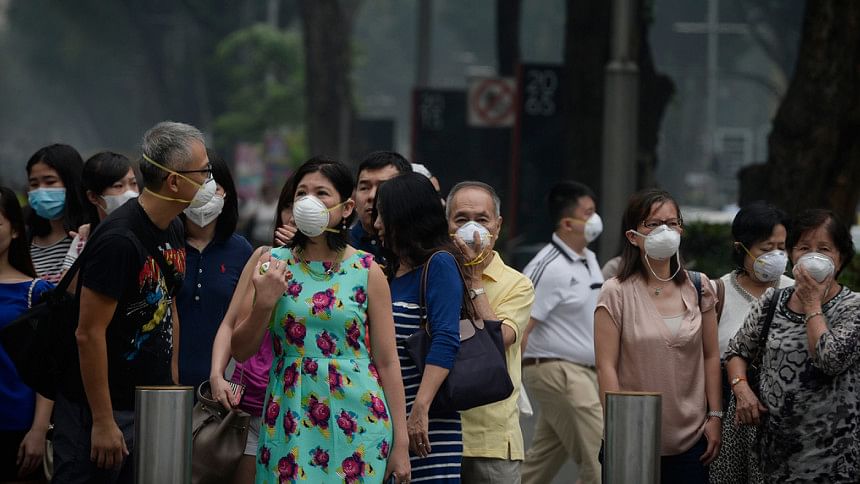
The transboundary haze crisis of 2015, which affected millions across Southeast Asia, will go down as one of the worst in recent history - surpassing the 1997 and 2013 crises.
Forest fires, mainly in Kalimantan and Sumatra in Indonesia, raged for over three months despite a multinational effort to put them out. The smoke from the fires not only blanketed the skies over Singapore, Malaysia, Thailand and the Philippines, but it also caused more than half a million Indonesians to suffer from severe respiratory illnesses. At least 19 of them, including babies, have died.
The air pollution levels broke records, often staying at hazardous levels for weeks. At its peak in October, total emissions from the fires soared to nearly 1.4 billion tonnes - resulting in Indonesia becoming the third-biggest polluter in the world, after China and the United States. This forced Jakarta to move into high gear to mitigate the problem - deploying thousands of troops and seeking international assistance.
The fires eventually abated last month, but only after days of sustained rainfall. At the time, Indonesia was on the verge of declaring the crisis a national emergency - with President Joko Widodo cutting short his visit to the US to deal with the crisis at home.
Latest calculations by Indonesia's Ministry of Environment and Forestry show the fires destroyed about 2.6 million ha(hectare) of forests and peatland, while the World Bank estimates the fires cost Indonesia at least 221 trillion rupiah (US$15.9 billion), or almost 2 per cent of GDP for this year.
The haze will return next year, and all eyes will be on Indonesia to see if it has enough resolve to prevent a repeat of the disaster.
Joko has ordered the police to get tough with errant farmers and firms that still use fire to clear land. A ban on the cultivation of peatlands, including those on concessions that have yet to be turned into plantations, has also been issued by the president.
Copyright: The Strait Times/ Asian News Network

 For all latest news, follow The Daily Star's Google News channel.
For all latest news, follow The Daily Star's Google News channel. 

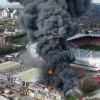
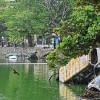

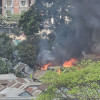
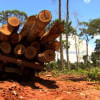


Comments